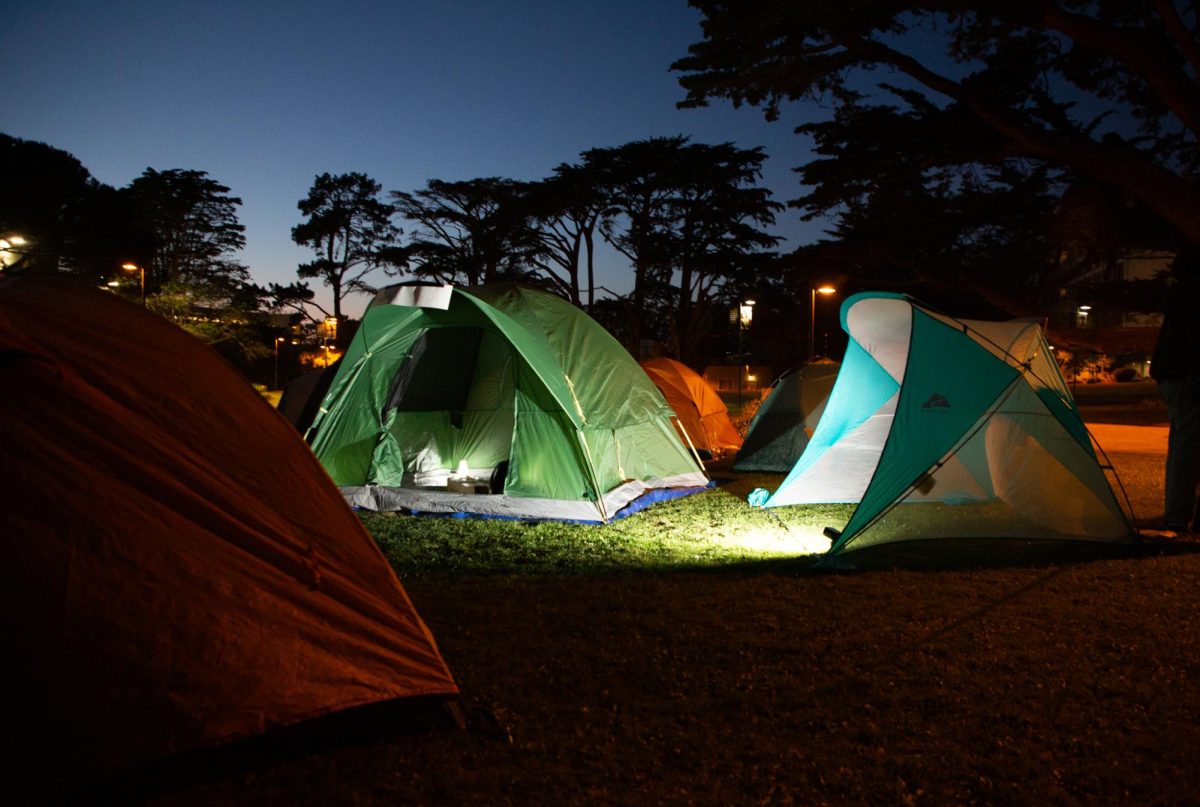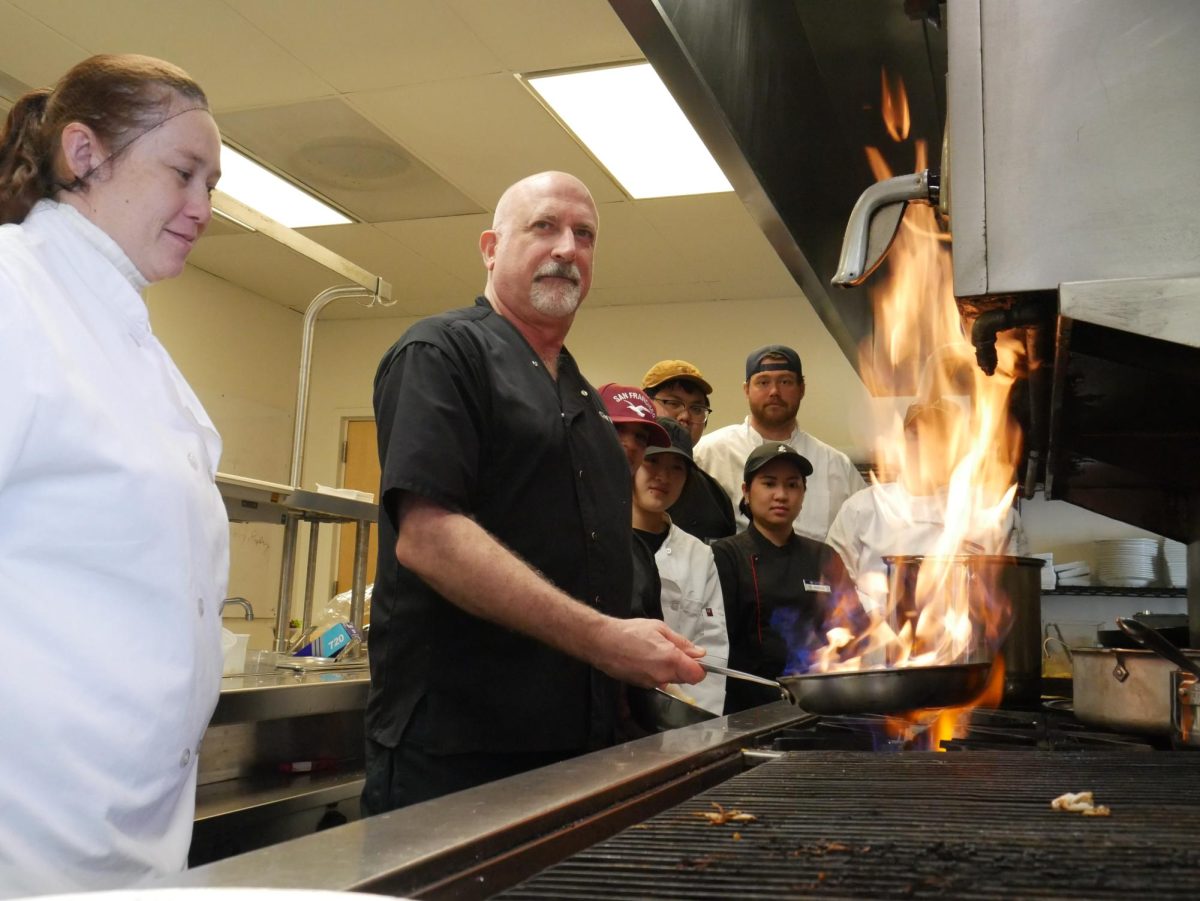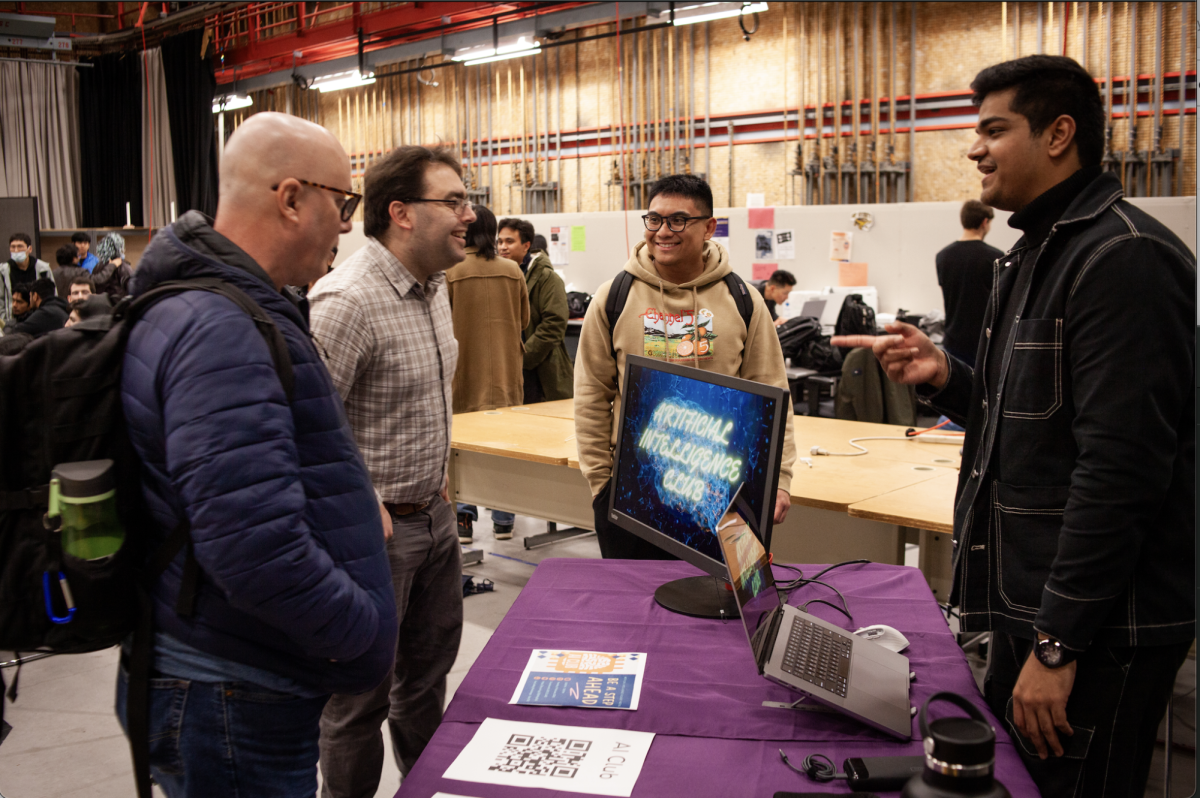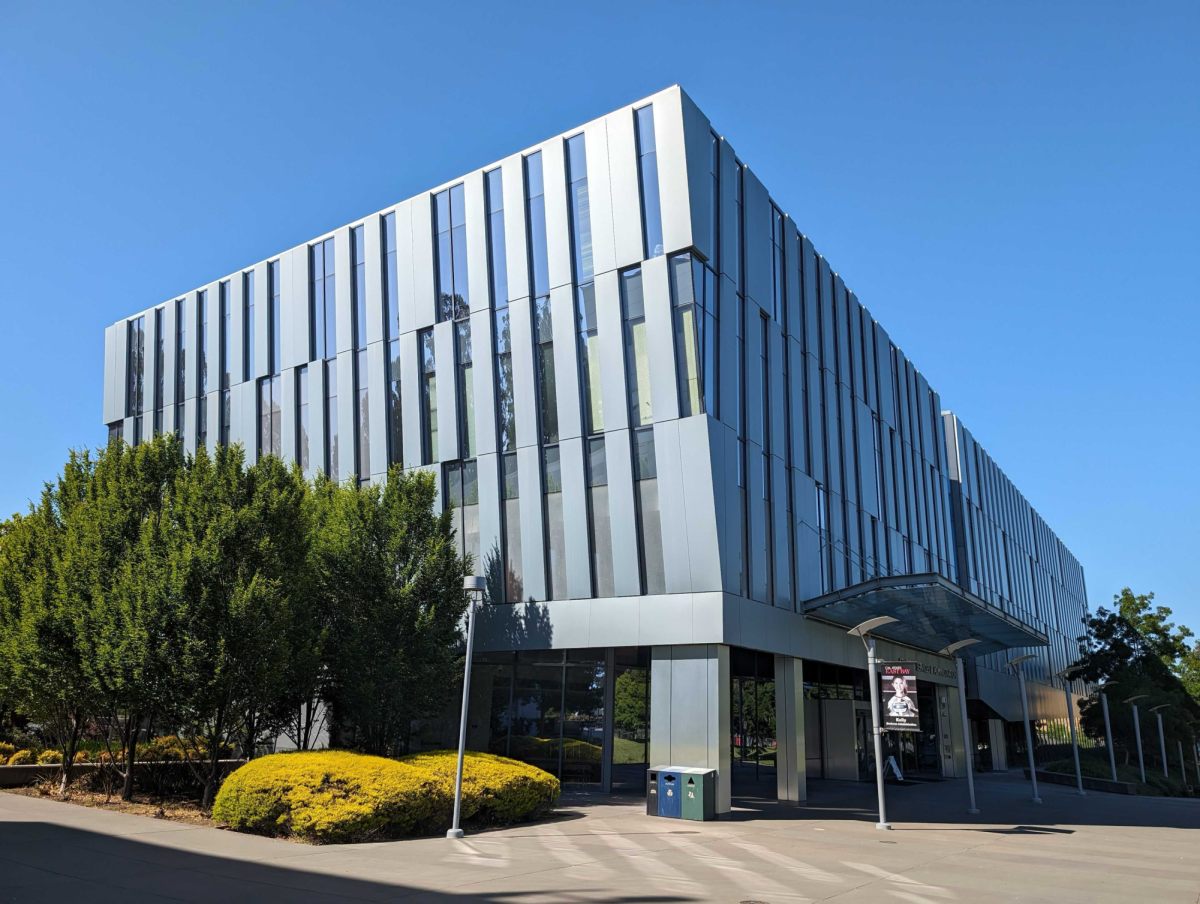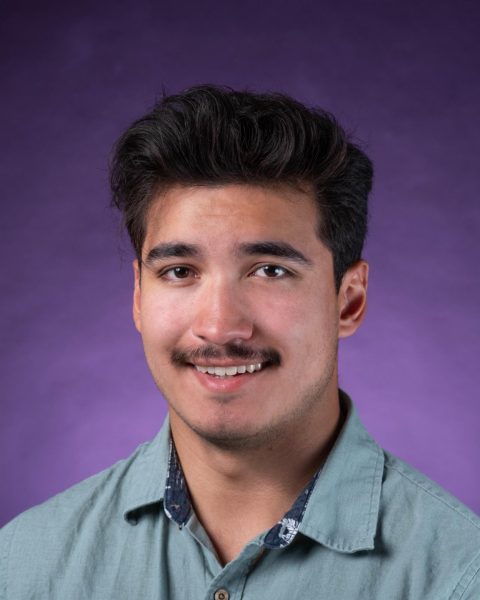As schools start to welcome students back to campus after summer break, student organizers are being met with updated rules and restrictions to the California State University’s Time, Place and Manner policy.
Similar changes were also implemented in the University of California system, reflecting a bigger picture of collegiate institutions setting up stricter rules around on-campus organizing and protesting.
“A student, the minute they walk on their campus — a place where they’re supposed to be nurtured and developed — they suddenly have less civil liberties than they would if they would be nearly off campus,” said Cesar Rodriguez, an associate professor in Race and Resistance Studies at SFSU.
The CSU implemented a revamped system-wide TPM policy on Aug. 15 to regulate university property, stating that its purpose is “to maintain an environment where its operations and work can be safely conducted without disruption.”
Rodriguez, a member of the California Faculty Association, said he thinks that the TPM policy modifications are restrictive.
“Now the pressure is on the university,” Rodriguez said. “Are they going to restrict the civil liberties of the very people that are paying and the very people that they’re supposed to develop?”
San Francisco State University President Lynn Mahoney says that the changes to the TPM policy are a result of wanting to avoid violent uproars like the ones that occurred at California State Polytechnic University, Humboldt and CSU Los Angeles. She recalled last semester’s TPM policy to show students the efficiency around its successes in allowing the university to run under hard circumstances.
“It doesn’t have to be a terrible thing, and we showed when there are extraordinary moments like the encampment, that the university and the students work together to resolve that in a positive way,” Mahoney said. “I hope that our students recognize that time, place and manner is there to actually protect them.”
Some of the most prominent updates to TPM policies include restrictions around where students are allowed to protest, when students are able to protest, no camping or overnight demonstrations, no temporary or permanent structures, and no concealment of identity.
These updates come after students across the U.S. launched pro-Palestine encampments during the spring semester. SFSU’s encampment lasted for about roughly two weeks while remaining peaceful with Students for Gaza, achieving three out of four of their demands met by SFSU administration. But while the culmination of SFSU’s encampment was peaceful, other universities were met with violent restrictions from their universities and police.
Among the demands met from the S4G encampment last semester was “defense,” which would protect student organizers from Senate Bill 1287. The bill calls upon university officials to adopt rules and procedures to prohibit “violence, harassing, intimidating, or discriminatory conduct.” S4G believes this would culminate in restrictive policies around free speech and would set up a set of student codes of conduct.
Sprout, media liaison for S4G, says they see the TPM policy restrictions not only as a way to suppress organizing for Palestine but also as a stifling of any student organizing.
“President Lynn Mahoney has made a commitment to us to defend student free speech on campus. We are all students. We pay tuition; we’re going to continue organizing on our campus. There are no universities left standing in Gaza,” Sprout said. “We’re going to keep fighting and standing in solidarity with all of these students and faculty that no longer have a place to be.”
Students don’t stand alone in their concerns at SFSU. Faculty members have continuously shown support for students, with a Faculty for Justice in Palestine organization forming quickly after Students for Gaza SFSU was established.
Rodriguez also mentioned that CFA-SFSU is currently in conversation with the CSU because the union wants to protect the civil liberties of everyone on campus.
Manny Nevarez, an alumnus from UC Santa Cruz, expressed concerns over the updates to TPM and the way it correlates to Gov. Gavin Newsom’s recent approval of Grants Pass v. Johnson, which effectively set into motion the approval to sweep homeless encampments.
“The specific wording used in the executive order goes after not just the homeless encampments, but also us [students]. The specific wordage of the executive order that Newsom passed says that dangerous encampments on California State property must be shut down immediately, and the local authorities must work with shutting it down,” Nevarez said.
When the pro-Palestine encampment at UC Santa Cruz was shut down during the summer, Nevarez continued to build a coalition of organizers between the UCs in coordination with the CSUs. Meanwhile, on other CSU campuses, like Cal State Fullerton, student organizers are having trouble connecting with their university administration.
According to Amy Parker, a fourth-year student at CSUF and part of the Titan Young Democratic Socialists of America, emails and attempts to meet with their university president have proved unsuccessful. This, however, does not discourage her or other student organizers.
“I don’t think it will affect it that much because, as organizers, the very nature of protesting is something protected under the First Amendment,” Parker said. “It has also always been something that our universities and the government in general has tried to stifle. We will continue to look out for our communities and express ourselves in ways that keep our communities safe. That is going to continue regardless of what the Chancellor’s Office says.”




